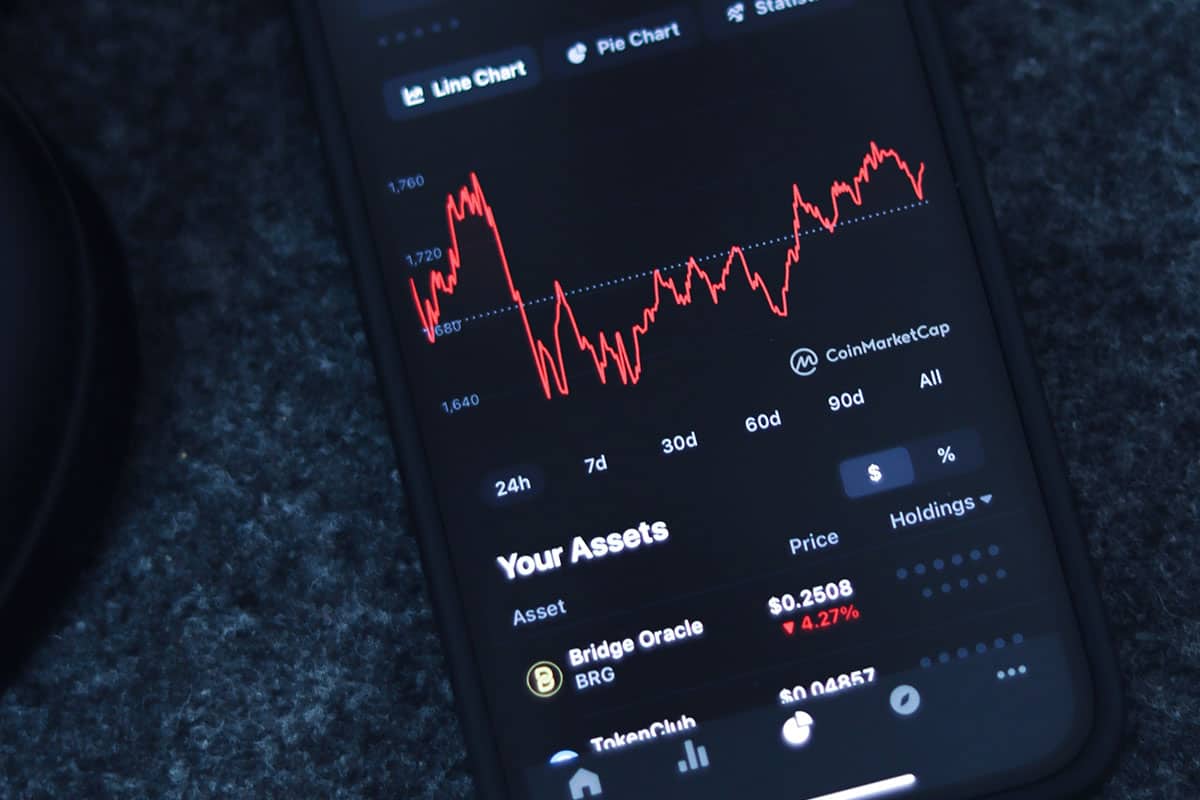A Roth IRA is a wonderful vehicle, especially if someone has already maxed out their other tax-advantaged accounts (e.g., 401K). For those not eligible for a Roth IRA or those who can’t get enough Roth, there is a relatively new option – an in-plan conversion from a traditional pre-tax 401K to a Roth 401K. Because of 2013 legislation, more participants than ever are now eligible for this conversion (as long as their employers’ plans allow it).
The decision to convert from a standard 401K to a Roth 401K is similar to determining whether to convert from a traditional IRA to a Roth IRA. While there are numerous considerations, the primary advantage is that no additional taxes will be due once it becomes a Roth. The downside is that taxes must be paid now at one’s ordinary income tax rate (and in most cases, the taxes should be paid from non-retirement accounts). The benefit of converting is due to the concept of “tax diversification” – owning some assets that are taxed now (e.g., Roth) and some assets that will be taxed in retirement (e.g., traditional IRA/401K).
For someone earlier in his/her career who might be at a lower 10%-15% income tax rate, a conversion could be a good strategy since rates are likely to be higher (or at least the same) in retirement. But for someone who is a high earner, the additional income from the conversion could trigger a higher marginal tax rate as well as a phaseout of deductions and exemptions. For these individuals, converting a large lump sum might not be optimal.
Due to the complexities, two sensible strategies could be to a) Contribute a portion of your 401K to a Roth. For example, if you contribute $10,000/year, consider $5,000 for the traditional 401K and $5,000 for the Roth 401K; or b) Instead of a full conversion, convert smaller amounts each year to minimize the tax ramifications in any single year.
As we’ve said before on this blog, it’s tough to estimate tax rates 10 years from now, let alone 20 or 30+ years away. Before converting a large amount, talk to your accountant and financial advisor to help customize a solution for you.



